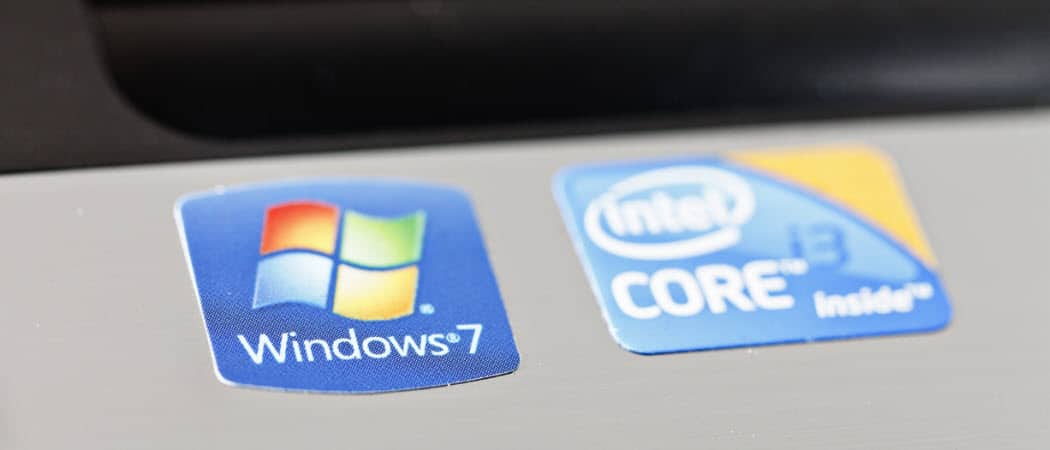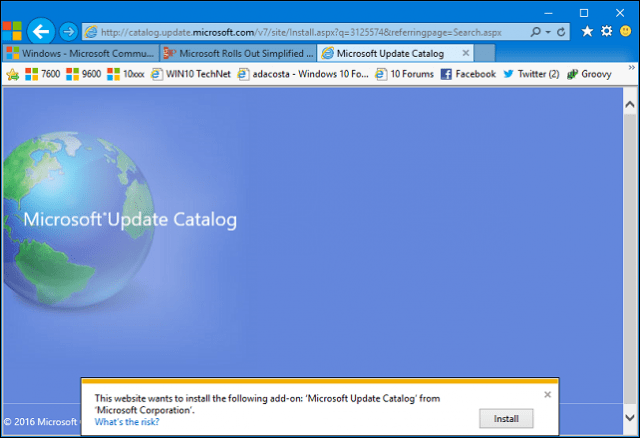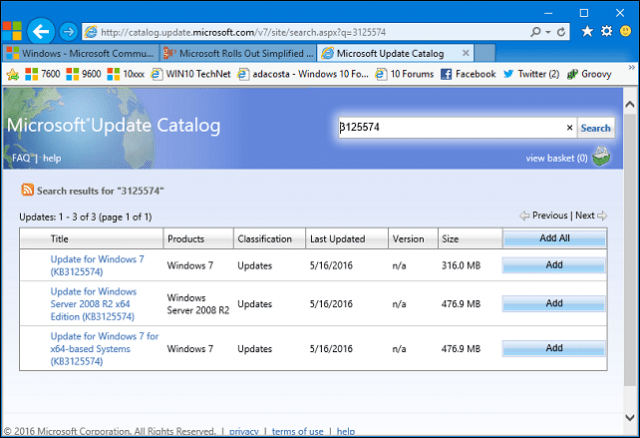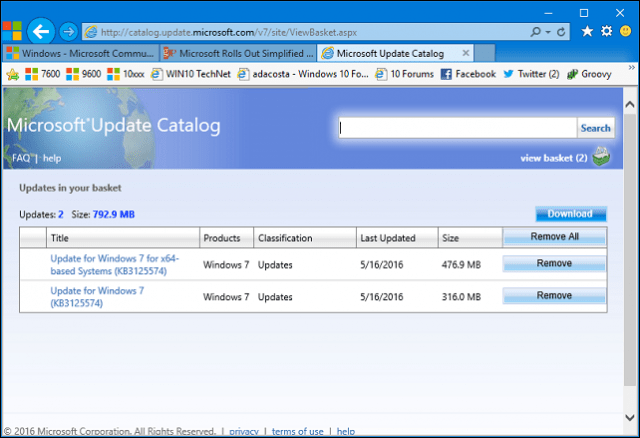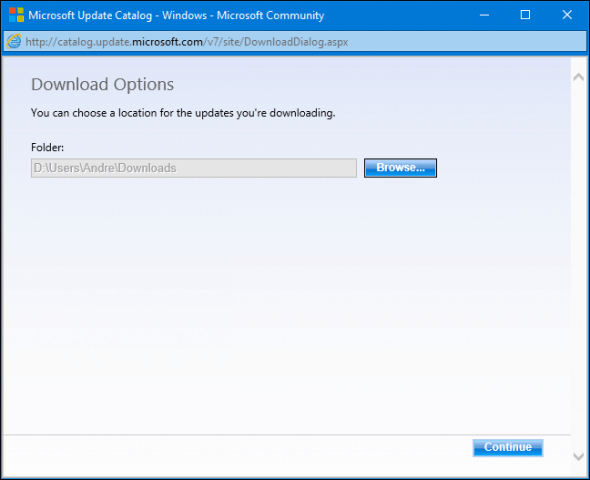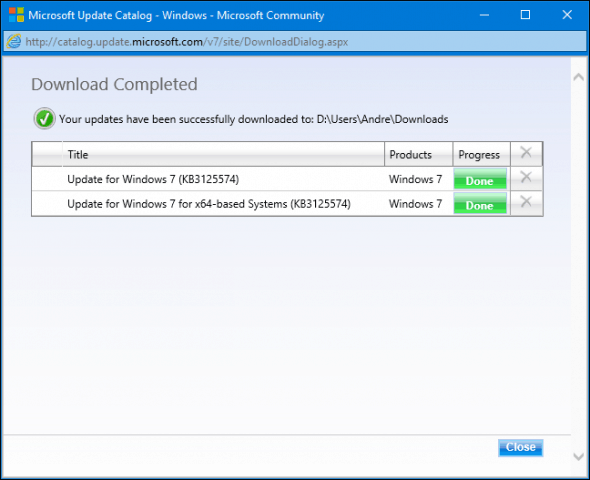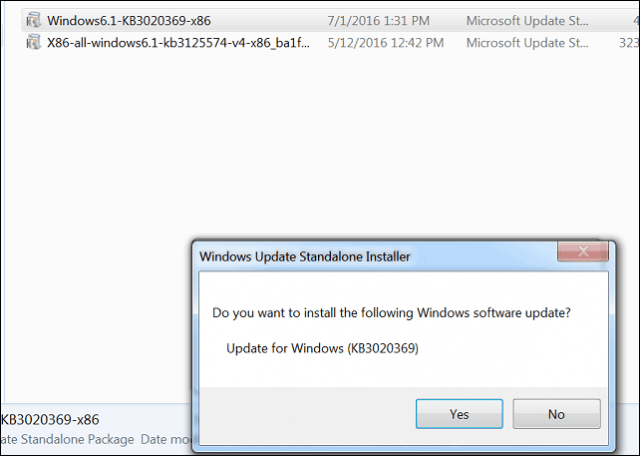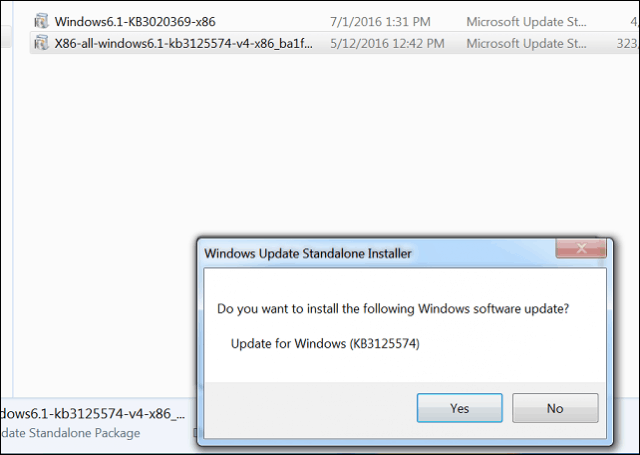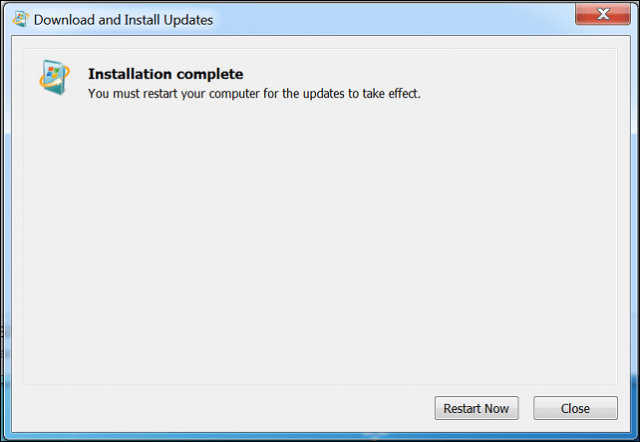Windows 7 service pack 1 and all applicable updates are required to install python
Windows 7 service pack 1 and all applicable updates are required to install python
windows 7 service pack 1 and all applicable updates are required to install Python 3.6.1
2 Answers 2
Sometimes this type of error is showing while installing a certain application (like Python) in the windows 7 platform.
For Solution, you have to install service pack 1 to your os. You can also install the service pack for windows manually as described below.
Как устранить проблему с установкой Python?
Пишет, что необходим Service pack 1, но он у меня уже и так установлен. Windows 7 домашняя расширенная SP1.
Сталкивался с такой проблемой. Нужно скачать сервис пак, а скачать и обновить его можно только в том случае если видна с лицензией.
Так и не получилось установить, так Windows был нелецинзионный. Как вариант можно обновится до 10 версии — она бесплатная.
«,»good»:false,»id»:»e5f64843-d03d-45ce-a108-24ed118ca0a1″,»invalidVerificationsCount»:null,»isThequestion»:null,»liked»:null,»negativeVotes»:0,»pendingModeration»:false,»plainText»:»Сталкивался с такой проблемой. Нужно скачать сервис пак, а скачать и обновить его можно только в том случае если видна с лицензией.\n\nТак и не получилось установить, так Windows был нелецинзионный. Как вариант можно обновится до 10 версии — она бесплатная.»,»positiveVotes»:2,»quality»:1,»questionId»:»3a4e25d3-b92c-fde1-9337-1918c0d6aff9″,»repostsCount»:null,»subscribed»:false,»text»:»Сталкивался с такой проблемой. Нужно скачать сервис пак, а скачать и обновить его можно только в том случае если видна с лицензией.\n\n\n\nТак и не получилось установить, так Windows был нелецинзионный. Как вариант можно обновится до 10 версии — она бесплатная.»,»updated»:»2020-01-07T12:34:36.058635+00:00″,»validVerificationsCount»:null,»viewsCount»:62,»votes»:2,»type»:»answer»,»verifiedExperts»:null,»video»:null,»validVerifications»:null,»invalidVerifications»:null>>,»question»: ],»formattedText»:»
Пишет, что необходим Service pack 1, но он у меня уже и так установлен. Windows 7 домашняя расширенная SP1.
Python 3.6.1 требует установки пакета обновления 1 для Windows 7
Я пытаюсь установить python 3.6.1 на свои Windows 7 32 бит. Но он всегда запрашивает пакет обновления для Windows 7. Я уже установил пакет обновления 7 для Windows 7, и мои окна полностью обновлены. что я должен делать?
Согласно примечаниям к выпуску, требуется обновление библиотек времени выполнения C.
Installing Python 3.8 on windows 7 32bit with SP1
I can’t install Python 3.8 on windows 7 32 bit with SP1 error Log says detected windows 7 sp1 without kb2533625 and I searched for this update all day but found nothing any Help?
2 Answers 2
I think this is typo from Python Developers the update is kb2533623 not kb2533625 and you can download it from here then restart your machine and try to install python 3.8 or 3.7 it will work like a charm
To install Python 3.7 or 3.8, in windows 7 operating system, you need to install Windows 7 Service Pack 1 first and then Update for Windows 7 (KB2533623) (if not installed already).
Windows 7 service pack 1 and all applicable updates are required to install python
Asra Khalid
Aug 9, 2019 · 2 min read
Python Installation Error on Windows 7: Setup Failed
So today while installing python 3.7.4 on my PC the installer showed me an error.
To fix this I did some internet research and found an easy solution. Follow the steps and you will solve this problem in no time!
2. Close the window and press ‘ Windows + r‘ (you can find the windows key on your keyboard).
3. It will open up a small windows type ‘ regedit‘ and click ‘ ok’.
4. After pressing okay a window will pop up asking for User Account Control. Click ‘ yes’.
5. Re g istry Editor will show up. Scroll down and find SYSTEM>ControlSet001>Control>Windows.
6. Inside windows folder you will find a file named ‘ CSDVERSION’.
7. Right click on CSDVERSION and select ‘ Modify’.
8. Remove 0 from ‘value data’ and type 100.
9. Click ok and restart your PC.
That’s it! After restarting you PC you can easily install python.
Issues while installing Python 3.6 on Windows 7 : Service Pack 1 is required to continue installation
I am unable to install Python 3.6 on Windows 7 Professional Edition 32 bits the install dialog points me to the log file whose content is as follows:
4 Answers 4
Why don’t you just install Service Pack 1? Here is the download link. https://www.microsoft.com/en-GB/download/details.aspx?id=5842
Yes, you must have to install Service Pack 1 in order to make it installed. or you have to continue your stuff with Python 2.7.
Download Service Pack 1 from the link suggested by @jerrycheng
Well, I faced the same issue while downloading and installing python 3.7.7 from the official website. But, soon I realized the Anaconda environment lets you update python easily without much effort.
If you have Anaconda preinstalled, then on cmd prompt, enter: conda update python which will update your existing version of python. I was able to update my python from 3.7.0 to 3.7.7.
fixing Windows 7 Service Pack 1 error in python 3.5 and 3.6, 3.7, 3.8
Mostly these Python versions require some of the Windows updates. Download the Service Pack 1 and install it first. This works for Python version 3.5 and 3.6.
If you need to install 3.7 and above versions you need Service Pack 1 for Windows, and KB2533623 from the official Microsoft website.
If you want more clarification need, you can follow my links, I will clearly explain about Python installation.
Python Windows 7 — Installation Fail 0x80240017
I tried installing Python 3.5.0 on my laptop, running Windows 7, and it would keep returning with a «Setup failed» with 0x80240017 — Unspecified Error.
I’ve tried running as admin and with the three different installers on the site.
8 Answers 8
Solution that worked for me:
It is throwing that error because it is trying to install that KB (2999.. something) and failing. If you try to install that KB yourself, it might fail too, as it has some minimum OS requirements. In my case, it was Service Pack 1 for Windows 7. After installing Service Pack 1 I was able to install Python 3.5.x fine.
I collected the required update packages to install python on win 8.1 This topc is related to the following one as well:
Python install failed windows 8.1- Error 0x80240017: Failed to execute MSU package
the packages (I did not check the subset of packages, but if you install the all, python can be installed. There are some packages that requires another one before install, the required one is listed here as well. So if the install says «this upgrade is not suitable for this machine» just go on, install other packages, and when you finished, install the remaining packages that you were not able to install before.
As it can be seen I used win 8.1 x64. The total size of these packages is about 1 GB. These all are downloadable from microsoft update center.
I am also using win 7 home premium SP1 and encountered this problem, I solved it by:
Go the Windows Update in the Control Panel
Search for the installed update named KB2999226
Honestly, use this method at your own risk as I am just a newbie in programming and have no idea what that Windows Update was for. But I did it anyways.
Details on KB2999226 (https://support.microsoft.com/en-us/kb/2999226). It looks like repairing Visual Studio corrects issues with CRT. Someone correct me if Im wrong.
Just in case are facing it with Windows 7 for PCs:
Very simple, reinstall Windows Service Pack and repair the Visual C++ Redistributable and bingo, the error disappears.
In case of difficulties, uninstall all the software involved (Visual C++, etc.) and reinstall as the proper sequence.
I’ve tried running as admin and with the three different installers on the site.
8 Answers 8
Solution that worked for me:
It is throwing that error because it is trying to install that KB (2999.. something) and failing. If you try to install that KB yourself, it might fail too, as it has some minimum OS requirements. In my case, it was Service Pack 1 for Windows 7. After installing Service Pack 1 I was able to install Python 3.5.x fine.
I collected the required update packages to install python on win 8.1 This topc is related to the following one as well:
Python install failed windows 8.1- Error 0x80240017: Failed to execute MSU package
the packages (I did not check the subset of packages, but if you install the all, python can be installed. There are some packages that requires another one before install, the required one is listed here as well. So if the install says «this upgrade is not suitable for this machine» just go on, install other packages, and when you finished, install the remaining packages that you were not able to install before.
As it can be seen I used win 8.1 x64. The total size of these packages is about 1 GB. These all are downloadable from microsoft update center.
I am also using win 7 home premium SP1 and encountered this problem, I solved it by:
Go the Windows Update in the Control Panel
Search for the installed update named KB2999226
Uninstall that update
Honestly, use this method at your own risk as I am just a newbie in programming and have no idea what that Windows Update was for. But I did it anyways.
Details on KB2999226 (https://support.microsoft.com/en-us/kb/2999226). It looks like repairing Visual Studio corrects issues with CRT. Someone correct me if Im wrong.
Just in case are facing it with Windows 7 for PCs:
Very simple, reinstall Windows Service Pack and repair the Visual C++ Redistributable and bingo, the error disappears.
In case of difficulties, uninstall all the software involved (Visual C++, etc.) and reinstall as the proper sequence.
In my case, I have an application installed in my computer which has python installation in it. I was not able to search it from normal PC search. Just try installing «everything» software if you have complex installation of software like me.
Once you get the path for python installation, add this path to environment (System’s) variable and you are good to go.
Click Download button and Scroll down to see all files
Select windows6.1-KB976932-X86.exe (32-bit) or windows6.1-KB976932-X64.exe (64-bit).
Install this and then install Python
Not the answer you’re looking for? Browse other questions tagged python installation failed-installation or ask your own question.
Linked
Related
Hot Network Questions
Subscribe to RSS
To subscribe to this RSS feed, copy and paste this URL into your RSS reader.
site design / logo © 2021 Stack Exchange Inc; user contributions licensed under cc by-sa. rev 2021.4.16.39093
By clicking “Accept all cookies”, you agree Stack Exchange can store cookies on your device and disclose information in accordance with our Cookie Policy.
How to Install the Rollup Update for Windows 7 Service Pack 1
As much as the groovyPost team loves Windows 10, we realize that tens of thousands of our readers are still running Windows 7. It’s honestly not a surprise. Windows 7 is a rock solid operating system with security updates provided by Microsoft until Jan 2020. That being said, Microsoft released Service Pack 1 for Windows 7 more than five years ago. Since then, users performing a Windows 7 install or reinstall are faced with the chore of downloading more than a GB of updates. This is especially frustrating if you are stuck with old Windows 7 OEM Media as you will first need to install Service Pack 1 followed by an extensive list of post SP1 updates. Ick. It’s a ridiculous task and can result in an unstable system due to the sheer number of updates to both Windows Apps and Hardware updates and drivers.
Five years later, Microsoft has provided some convenience for Windows 7 SP1 users with a rollup update. The roll-up contains a collection of all updates for Windows 7 since Service Pack 1 was released in February 2011. In this article, we take a look at downloading and installing the Rollup.
How to Download and Install the Windows 7 Service Pack 1 Rollup Update
To start the install of the Rollup on your computer needs to be running Windows 7 with Service Pack 1 already. To confirm if your system already has Service Pack 1 installed, click Start > right click Computer > click Properties > look under Windows edition. If you don’t have Service Pack, 1 established, review instructions here.
Once you have confirmed Service Pack 1 is installed, launch Internet Explorer, load the Windows Update Catalog page, then click Install if prompted. The Windows Update Catalog does not work in Microsoft Edge or alternative web browsers such as Mozilla Firefox or Google Chrome.
Search for 3125574 then add the packages you would like to download. The Rollup Update is available for Windows 7 32 and 64 bit and Windows Server 2008 R2. Click the view basket link at the top to review the selected downloads.
Click the Download button to begin.
Choose where you would like to save them.
Wait until the download completes.
Before you can install the Windows 7 Rollup Update, you need to have one prerequisite update (KB3020369) installed. Please make sure you download and install the correct update for your architecture of Windows 7, 32 or 64 bit.
Install Windows 7 Roll Update
Double click the KB3125574 package to begin the installation.
Wait while the Rollup Update installs.
Restart when complete. That’s it, all previous updates from February 2011 to April 2016 are installed. Interestingly, the Rollup does not install the latest version of Internet Explorer. Check out our previous article for instructions how to do so.
Windows 7 is still in extensive use worldwide. Even though it has taken a long time for Microsoft to deliver; it is a lovely parting gift for users still dependent on the most popular version of Windows to date. For users who still need to test applications on Windows 7 or perform fresh installs regularly, it is convenient and works as intended.
For those of you who are still running Windows 7, be sure to check out our extensive collection of Tips and Tutorials for Windows 7. We wrote about Windows 7 for several years and had one of the most extensive collections on the internet.
How to obtain and install Windows 7 SP2
Since the release of Windows 7 back in 2009, hundreds of updates have been issued for the aging OS, and anyone who has done a clean install of Windows 7 knows how painful the updating process can be.
This article will show you how to install the convenience update (SP2 for Windows 7).
Note: System Administrators can use DISM to integrate this package into their installation media to simplify future Windows 7 installations.
1. Prerequistes
Before installing the convenience update, make sure:
2. Dow nload
Once the prerequisites are met, you can download the convenience update from the links below.
3. Install
When the download has finished, double-click the file, and follow the on-screen instructions. This is a large update, so the searching and installation process may take a while. Please be patient.
Note: Remember, since Microsoft isn’t calling this update a service pack, the version number listed in System Properties will remain Windows 7 SP1.
4. Install other Windows Updates
The convenience rollup only contains the updates released after Service Pack 1 and before April 2016. Any updates for Windows 7 that Microsoft has released since then will not be installed, so you should run Windows Update to install any other available updates.
Related Articles
Was this article helpful?
Sorry this didn’t help.
Great! Thanks for your feedback.
How satisfied are you with this article?
Thanks for your feedback, it helps us improve the site.
How satisfied are you with this article?
Thanks for your feedback.
Comments (112)
* Please try a lower page number.
* Please enter only numbers.
* Please try a lower page number.
* Please enter only numbers.
132 people found this comment helpful
Was this comment helpful?
Sorry this didn’t help.
Great! Thanks for your feedback.
How satisfied are you with this comment?
Thanks for your feedback, it helps us improve the site.
How satisfied are you with this comment?
Thanks for your feedback.
16 people found this comment helpful
Was this comment helpful?
Sorry this didn’t help.
Great! Thanks for your feedback.
How satisfied are you with this comment?
Thanks for your feedback, it helps us improve the site.
How satisfied are you with this comment?
Thanks for your feedback.
I have done a clean install of Windows 7 Pro SP1 (32bit), on a clean disk.
I’ve read all the advice about how to obtain the Update Rollup from the Microsoft Update Catalog, using IE. I’ve separately updated to IE11. I’ve looked at the custom IE settings and found that they are already correctly set.
When I try to obtain the Update Rollup, IE warns that the site wants to install a program. I approve. Seems to do that. Then when I proceed a message displays that that program will not run. So I cannot obtain the Catalog item 3125574 that I need.
Meanwhile I have downloaded these two updates as separately recommended, to prepare for the Rollup:
Neither one will install. Each searches endlessly for «Updates installed on this machine.» Never finish searching, never find anything, no errors, no installation.
April 2015 servicing stack update for Windows 7 and Windows Server 2008 R2
About servicing stack
The servicing stack includes the files and resources that are required to service a Windows image. This includes the Package Manager executable, the required servicing libraries, and other resources. The servicing stack is included in all Windows installations.
Issues that are fixed in this update
Update 2819745 installation fails when you try to upgrade to Windows Management Framework (WMF) 4.0 by installing update 2819745 on a read-only domain controller (RODC) in Windows 7 Service Pack 1 (SP1) or Windows Server 2008 R2 SP1.
Cause
This issue occurs because the Protect object from accidental deletion option is enabled on the domain root object. Therefore, the installation of the update cannot proceed.
Known issues for this update
Restart stuck on «Stage 3 of 3»
After you install update 3020369 together with other updates, a restart may be required to complete the installation. During this restart, you may find yourself stuck on «Stage 3 of 3.»
If you encounter this issue, press Ctrl+Alt+Delete to continue to log on. This should occur only one time and does not prevent updates from installing successfully.
An update installation fails after you install update 3020369
When you install update 3020369 together with other updates, you may encounter a timing issue that causes the update tried immediately after you install update 3020369 to fail.
This issue only affects the update tried immediately after update 3020369. As soon as update 3020369 is installed, another try to install the failed update should be successful.
Note In managed environments, such as by using Windows Server Update Services (WSUS), you can avoid either of these issues by deploying this update as a stand-alone update.
How to obtain this update
Important Do not install a language pack after you install this update. If you do, the language-specific changes in the update will not be applied, and you will have to reinstall the update. For more information, see Add language packs to Windows.
Method 1: Windows Update
This update is available from Windows Update.
Method 2: Microsoft Download Center
The following files are available for download from the Microsoft Download Center:
All supported x86-based versions of Windows 7

All supported x64-based versions of Windows 7

All supported x64-based versions of Windows Server 2008 R2

All supported IA-64-based versions of Windows Server 2008 R2

For more information about how to download Microsoft support files, click the following article number to view the article in the Microsoft Knowledge Base:
119591 How to obtain Microsoft support files from online services Microsoft scanned this file for viruses. Microsoft used the most current virus-detection software that was available on the date that the file was posted. The file is stored on security-enhanced servers that help prevent any unauthorized changes to the file.
Update detail information
Prerequisites
Note This update contains support that’s required in order to successfully install security update 3042058. For more information, click the following article number to view the article in the Microsoft Knowledge Base:
3042058 Microsoft security advisory: Update to default cipher suite priority order: May 12, 2015
To install this update, you must install Service Pack 1 for Windows Server 2008 R2.
Registry information
To apply this update, you do not have to make any changes to the registry.
Restart requirement
You may have to restart the computer after you apply this update.
Update replacement information
This update does not replace a previously released update.
The global version of this update installs files that have the attributes that are listed in the following tables. The dates and the times for these files are listed in Coordinated Universal Time (UTC). The dates and the times for these files on your local computer are displayed in your local time together with your current daylight saving time (DST) bias. Additionally, the dates and the times may change when you perform certain operations on the files.
Note The files in the update package may be added to the %windir%\WinSxS\ folder instead of the %windir%\System32\ folder.
Windows 7 and Windows Server 2008 R2 file information and notes
The files that apply to a specific product, milestone (RTM, SPn), and service branch (LDR, GDR) can be identified by examining the file version numbers as shown in the following table:
Windows 7 and Windows Server 2008 R2
GDR service branches contain only those fixes that are widely released to address widespread, critical issues. LDR service branches contain hotfixes in addition to widely released fixes.
The MANIFEST files (.manifest) and the MUM files (.mum) that are installed for each environment are listed separately in the «Additional file information» section. MUM, MANIFEST, and the associated security catalog (.cat) files, are very important to maintain the state of the updated components. The security catalog files, for which the attributes are not listed, are signed with a Microsoft digital signature.
For all supported x86-based versions of Windows 7














